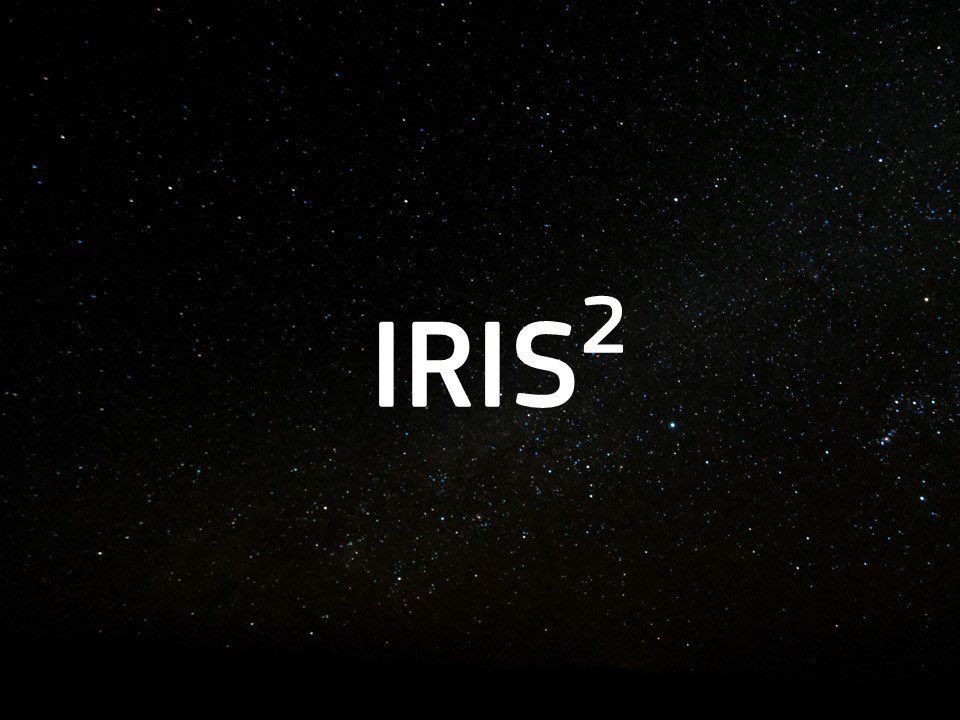The Commission launches an invitation to tender to procure a concession contract to implement the EU satellite constellation called IRIS² (Infrastructure for Resilience, Interconnectivity and Security by Satellite).
The public-private partnership between the Commission and the private sector will ensure common investment into the design, development, deployment and operation of governmental and commercial infrastructure and its use.
This tender is the first step towards the concrete implementation of IRIS², which will benefit from a contribution from the EU budget of €2.4 billion.
The Commission is looking forward to receiving proposals of the whole array of the European industrial ecosystem, from well-established European industries to dynamic SMEs and newcomers. The proposals will be evaluated during a competitive dialogue in view of a contract signature by the beginning of 2024. The provision of full operational capability for governmental services is foreseen in 2027.
The primary objective of IRIS² is to provide Member States with guaranteed access to highly secure, sovereign, and global connectivity services that match their operational needs such as protection of critical infrastructure, surveillance, and support for external action or crisis management as well as military applications. The security of these communications will be based on advanced encryption technologies, including quantum cryptography.

EU Space Strategy for Security and Defence
|
IRIS² will also contribute to the EU’s digital transition and to EU’s Global Gateway Strategy and represents a giant leap for EU’s resilience and technological sovereignty. It aims at enabling the provision of a commercial infrastructure to provide high-speed broadband and seamless connectivity in the EU and also in the geographical areas of strategic interest beyond the European borders, such as the Arctic region and Africa.
The current geopolitical context demonstrates how crucial space-based sovereign and secure communication services are in times of crises. This ambition can only be achieved by combining the driving force of the public sector and the know-how of the private sector.
Background
The Regulation establishing the EU Secure Connectivity Programme entered into force on 20 March 2023, marking the successful conclusion of a record-breaking inter-institutional negotiation effort.
The Union Secure Connectivity Programme aims at deploying an EU satellite constellation: ‘IRIS²’, which stands for Infrastructure for Resilience, Interconnectivity and Security by Satellite. It will provide for an EU satellite-based, multi-orbital communication infrastructure for governmental use, while integrating and complementing existing and future national and European capacities in the frame of the GOVSATCOM component of the Union Space Programme and developing further and gradually integrating the European Quantum Communication Infrastructure (EuroQCI) initiative to allow for quantum distribution of cryptographic keys (QKD).
The main objectives are:
- To ensure the long-term availability of uninterrupted access to secure, autonomous, high-quality, reliable and-cost effective satellite governmental communication services to government-authorised users. This will be done by establishing a multi-orbital, secure connectivity system under civil control. The system will support the protection of critical infrastructures, situational awareness, external actions, crisis management and applications that are critical for the economy, the environment, the security and defence. It will increase the resilience and the autonomy of the EU and the Member States, and reinforcing their satellite communication technological and industrial base, while avoiding excessive reliance on non-EU based solutions, in particular for critical infrastructure and access to space.
- To enable the provision of commercial services by the private sector to facilitate, among others, further development of worldwide high-speed broadband, and seamless connectivity including in communication dead zones and increasing cohesion across Member States’ territories, thus contributing to fulfilling the objectives set in Europe’s Digital Decade targets.
Other tenders will be issued at a later stage, notably:
- A multi-supplier contract for the purchase of satellite communication services, in particular narrowband, and auxiliary services, including solutions proposed by SMEs and start-ups.
- A contract for the operation of the Govsatcom Hub enabling the associated service provision to the governmental competent authorities.
- A contract for the demonstration and validation of quantum key distribution from space through the provision of the system prototype of the first Generation EuroQCI space segment, and also some preparatory activities for second generation of quantum key distribution.
More information: European Commission







Leave a Reply